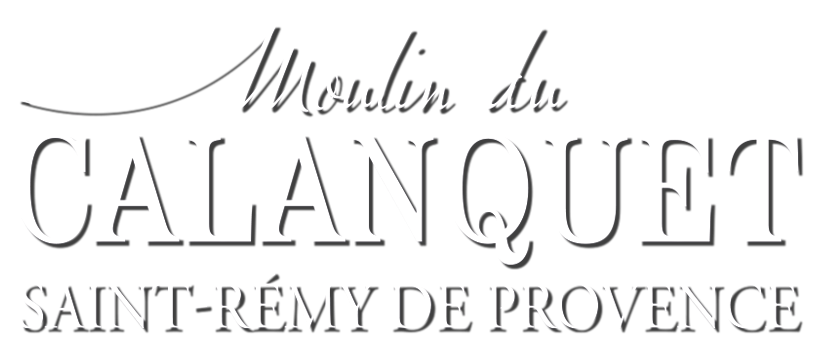
Moulin du Calanquet follows a HACCP (Hazard Analysis Critical Control Points) quality approach to guarantee the safety and quality of its culinary products. This method is based on four essential pillars:
Each stage of production is meticulously analyzed to identify potential food safety hazards, whether biological, chemical, or physical in nature. These hazards can arise from raw materials, the manufacturing process, or even storage. By identifying these risks at the source, the mill ensures the impeccable quality of its preparations.
Once the hazards are identified, critical control points (CCP) are established at strategic stages of the production process. These CCPs are key points where preventive actions can eliminate or reduce the hazards to an acceptable level. For example, precise cooking temperatures or pasteurization are part of the measures that help ensure the safety of the products.
Monitoring of the control points is continuous, and in the event of non-compliance, corrective measures are immediately applied. This includes adjusting production parameters or halting the line to ensure food safety. This responsiveness allows Moulin du Calanquet to prevent any contamination and guarantee the optimal quality of every product jarred.
The HACCP approach is not static; it evolves constantly based on new standards and regular audits. These evaluations allow for improvements to existing processes and the integration of ever more effective practices. Continuous improvement is at the heart of Moulin du Calanquet's quality approach, ensuring products of impeccable quality that meet consumer expectations.
The Moulin du Calanquet is delighted to announce its participation in SIRHA Lyon 2025!
This unmissable event, which will take place from January 23 to 27, 2025, at Eurexpo...